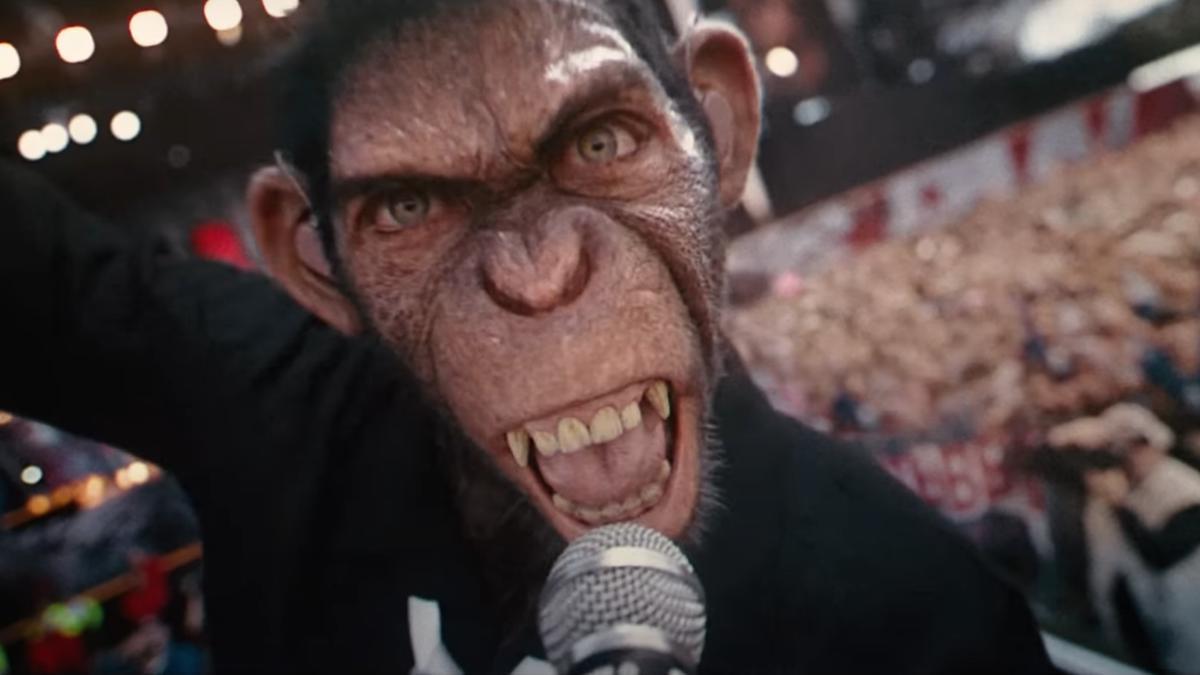
Within the walls of Hatchoza cinema, located a mere stone’s throw away from where the first atomic bomb brought devastation to Hiroshima, an unsettling sense of history echoed. The critically acclaimed film “Oppenheimer,” which had already secured a Best Picture win and stirred audiences abroad since its U.S. debut eight months prior, finally premiered in Japan, evoking a maelstrom of sentiments across the nation.
During an earlier film festival in Hiroshima, Kyoko Heya, the festival’s president, articulated the unease and contemplation stirred by introducing such a movie to a city marked by nuclear tragedy. “Is this really a movie that people in Hiroshima can bear to watch?” she questioned in an interview with the Japan Times, voicing a concern that resonated among many Hiroshima citizens.
The film dives deep into the intricate persona of J. Robert Oppenheimer, enacted by Oscar-winner Cillian Murphy. His role explores the profound ethical turmoil experienced by the physicist dubbed the “father of the atomic bomb.” Audiences applauded Murphy’s performance for its penetrating look into Oppenheimer’s psyche amidst the calamitous context of World War II. Nonetheless, it was the conspicuous absence of explicit scenes portraying the anguish caused by the bombs dropped on Hiroshima and Nagasaki that elicited criticism from some viewers.
In Hiroshima, one individual encapsulated the conflicting views: “Of course, this is an amazing film which deserves to win the Academy Awards. But the film also depicts the atomic bomb in a way that seems to praise it,” a resident told Reuters.
Takashi Hiraoka, aged 96, who served as Hiroshima’s mayor and lived through the bombing, expressed his unease to the Asahi Shimbun, “The film was made in a way to validate the conclusion that the atomic bomb was used to save the lives of Americans.”
Missing were the graphic depictions of the bombings’ aftermath, a gap keenly felt by those yearning for a more all-encompassing representation of the historical events. Christopher Nolan, the film’s director, defended his decision, aligning the storytelling with Oppenheimer’s detached knowledge of the event, “He (Oppenheimer) learned about the bombings of Hiroshima and Nagasaki on the radio — the same as the rest of the world,” Nolan stated in an interview with NBC.
The perceived narrative imbalance was further amplified by remarks from viewers like Yu Sato, a Hiroshima City University student who shared with the Japan Times, “Oppenheimer created the atomic bomb, which means he made this world a very scary place. Even if he did not intend to kill many people, he cannot be seen as completely unaccountable.”
Yet, not all feedback was steeped in dissatisfaction. According to the Guardian, Professor Masao Tomonaga, a survivor of the bombings and honorary director of the Japanese Red Cross Nagasaki Atomic Bomb Hospital, drew encouragement from what he interpreted as an “anti-nuclear” storyline. Tomonaga praised the film for spotlighting Oppenheimer’s ethical awakening and noted the disparity in perspectives across different generations. He remarked, “The hibakusha (survivors of the bombings) are all very old, so this is a film for young people … it’s now up to future generations to decide how to rid the world of nuclear weapons.”
The Tokyo premiere, subdued in comparison to typical Hollywood extravaganzas, seemed to silently honor the gravity of the subject matter. Local media reported that viewers were prewarned about distressing content by notices posted by the Japanese distributor of the film.
Notwithstanding the complex emotional reception, the film achieved impressive box office numbers, raking in a remarkable $800,000 on its opening day and forecasted to reach between $2.5 million to $3.5 million for its opening weekend, surpassing the initial earnings of the blockbuster “Dune: Part Two.”
Amidst the ripple effects of “Oppenheimer’s” release, Japan’s film industry carved its response through a homegrown narrative told from the perspective of its collective experience. TOHO’s “Godzilla: Minus One,” a kaiju film, emerged not only as the highest-grossing live-action Japanese movie in North America but also secured an Oscar for the franchise. Takashi Yamazaki, the film’s director, envisaged creating a counter-narrative to “Oppenheimer.” “I feel there needs to [be] an answer from Japan to Oppenheimer. Someday, I would like to make that movie,” Yamazaki revealed.
As Japan processes the myriad emotions evoked by “Oppenheimer” and navigates the cinematic discourse amid the lingering sensitivities of its war-torn past, the nation demonstrates a complex yet measured approach to engaging with its historical narratives and their contemporary reflections on the silver screen.










